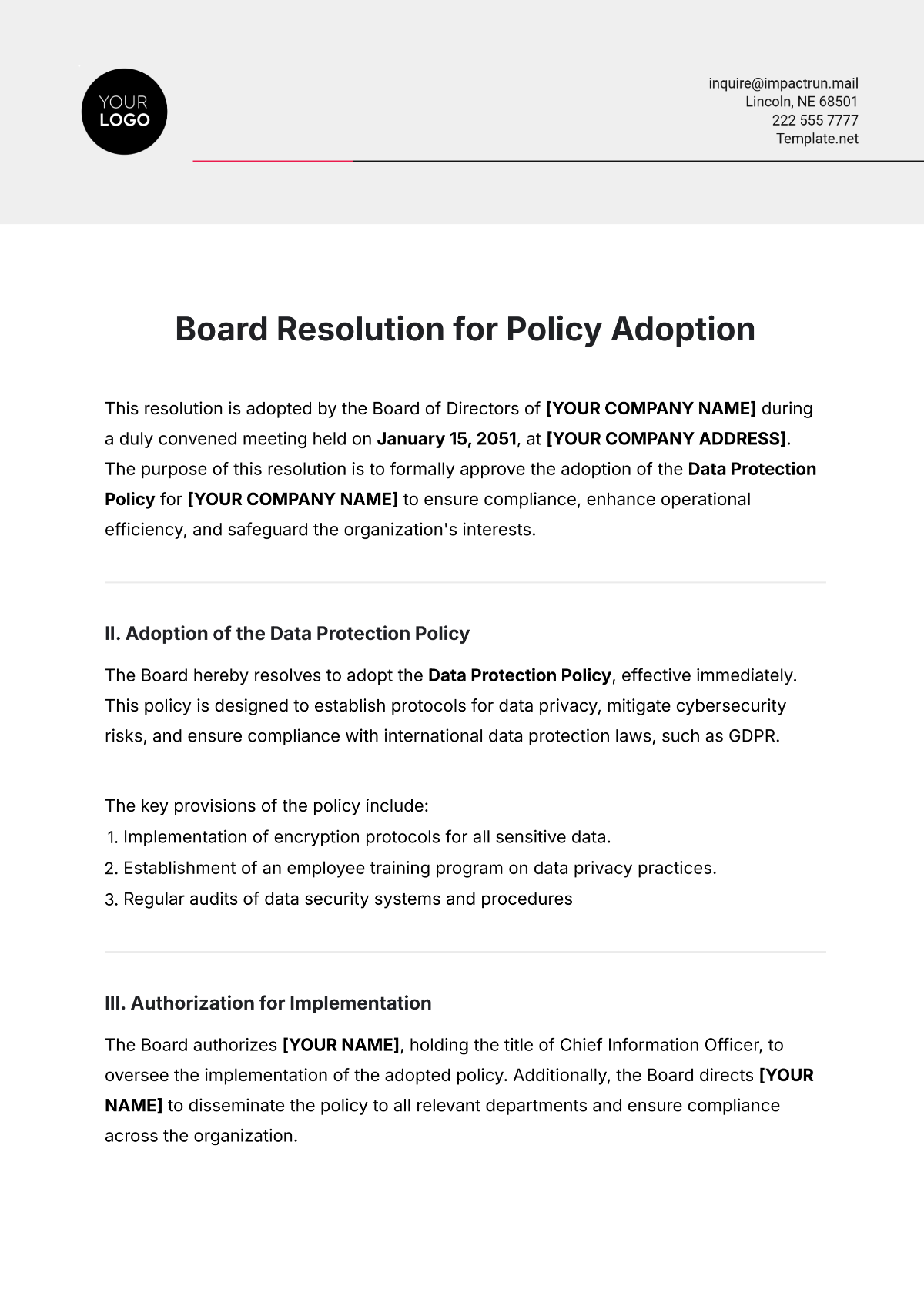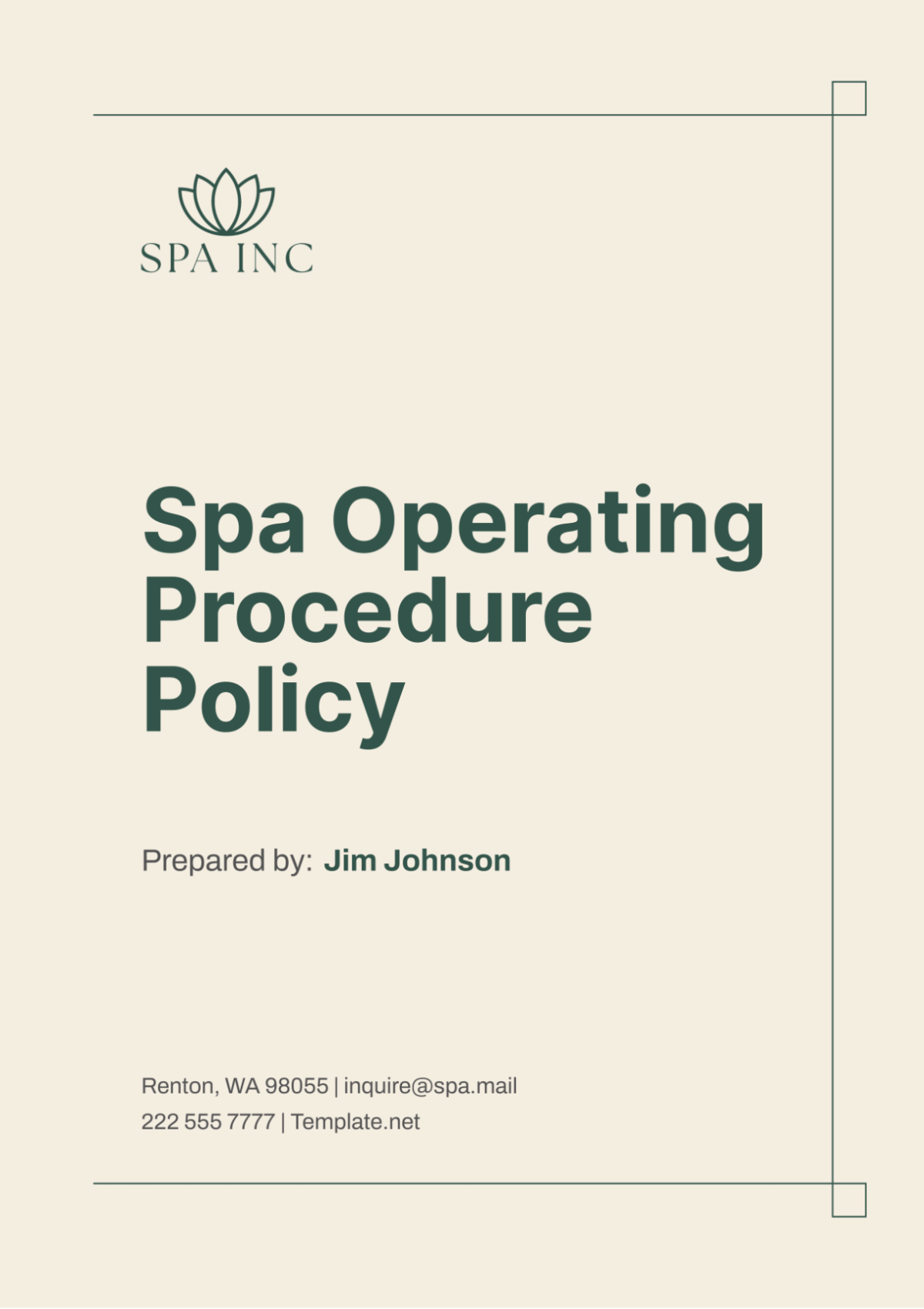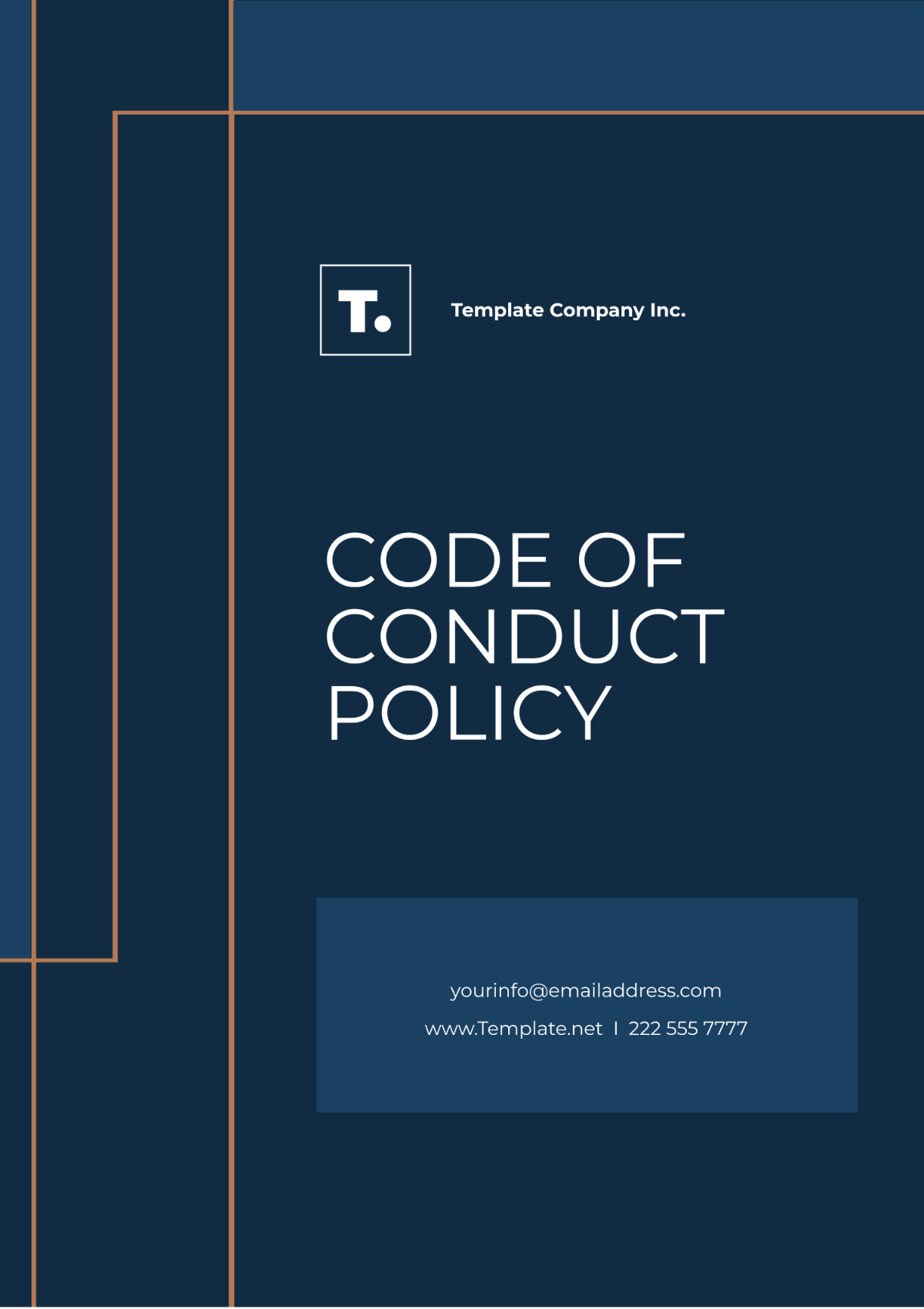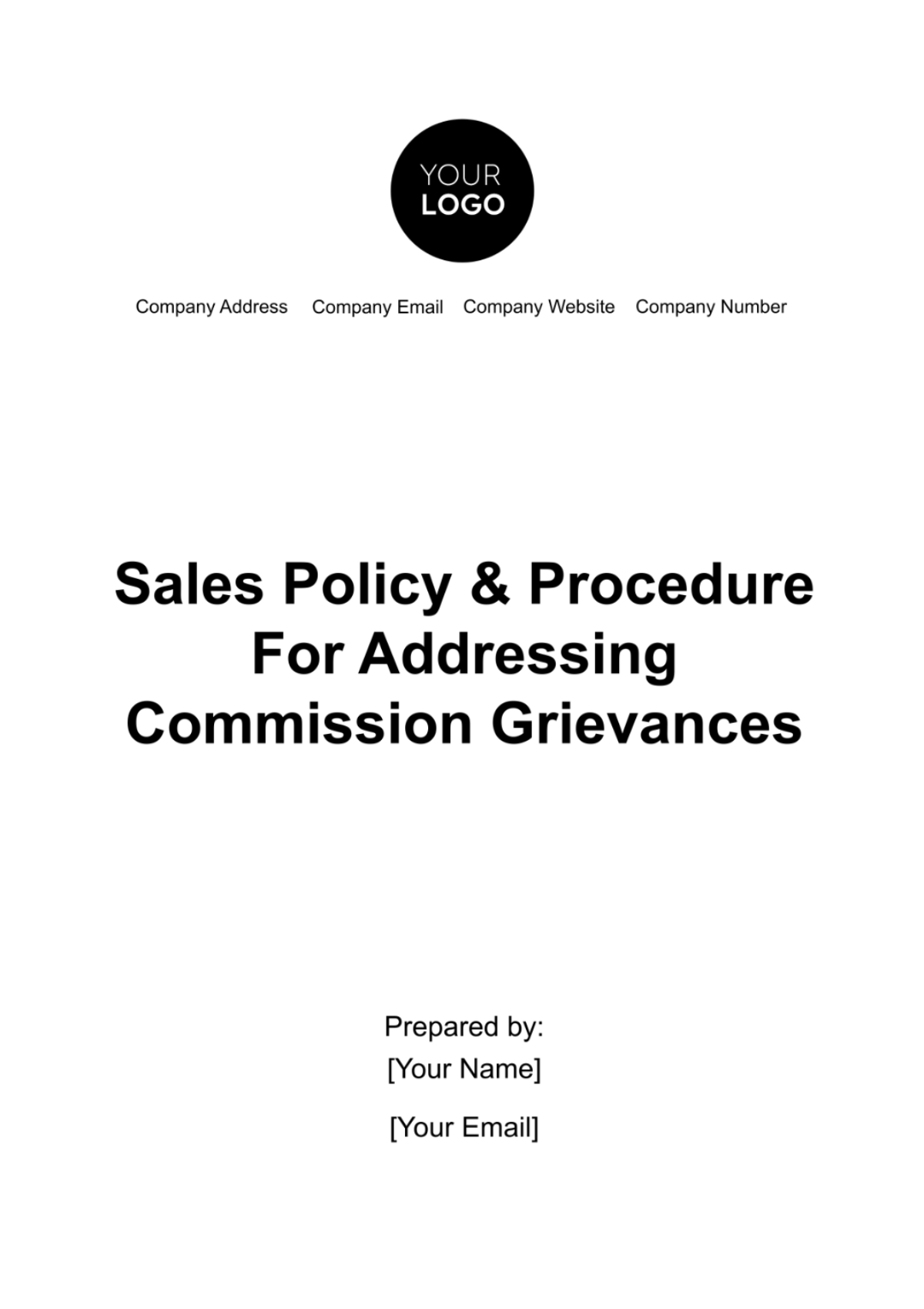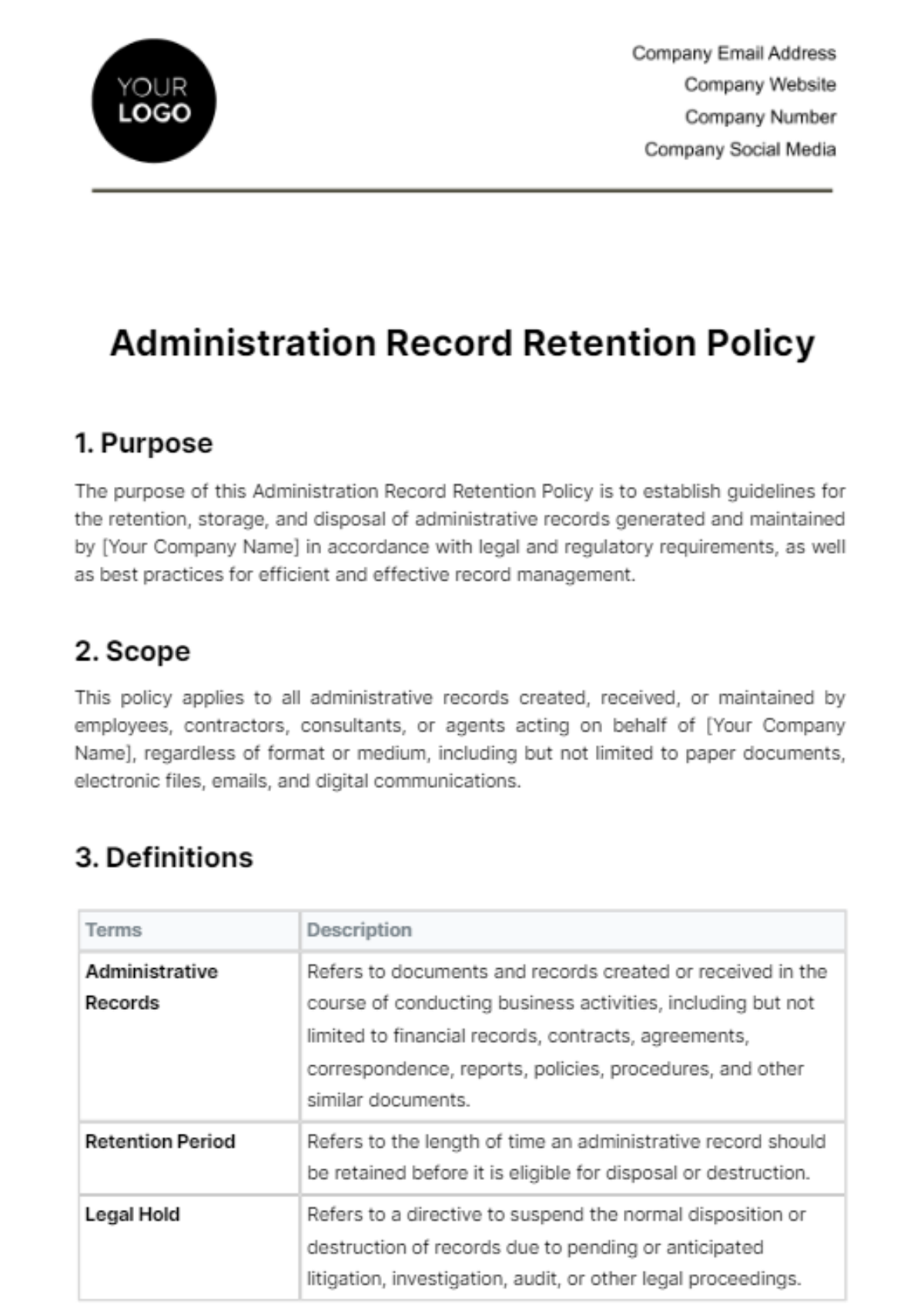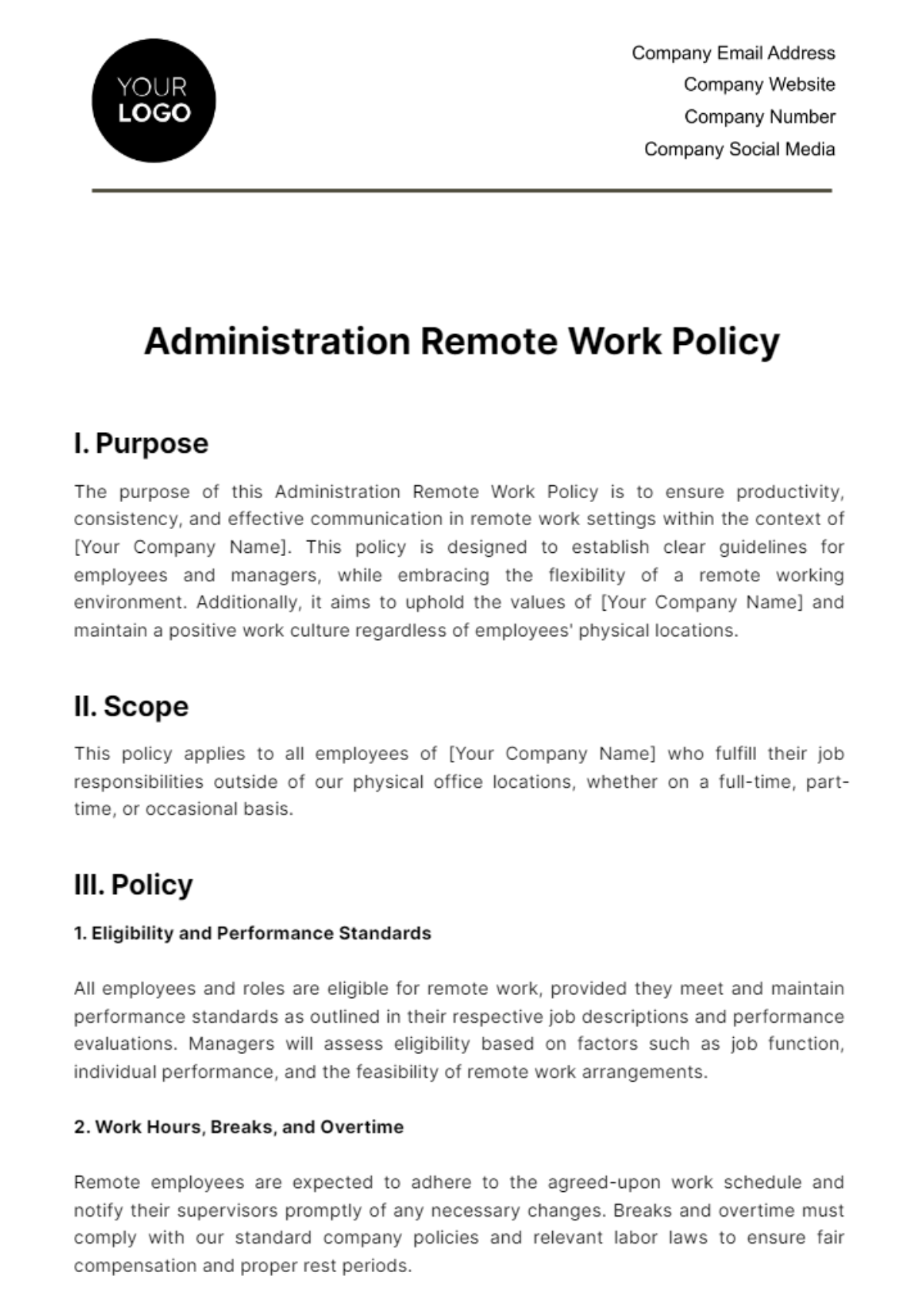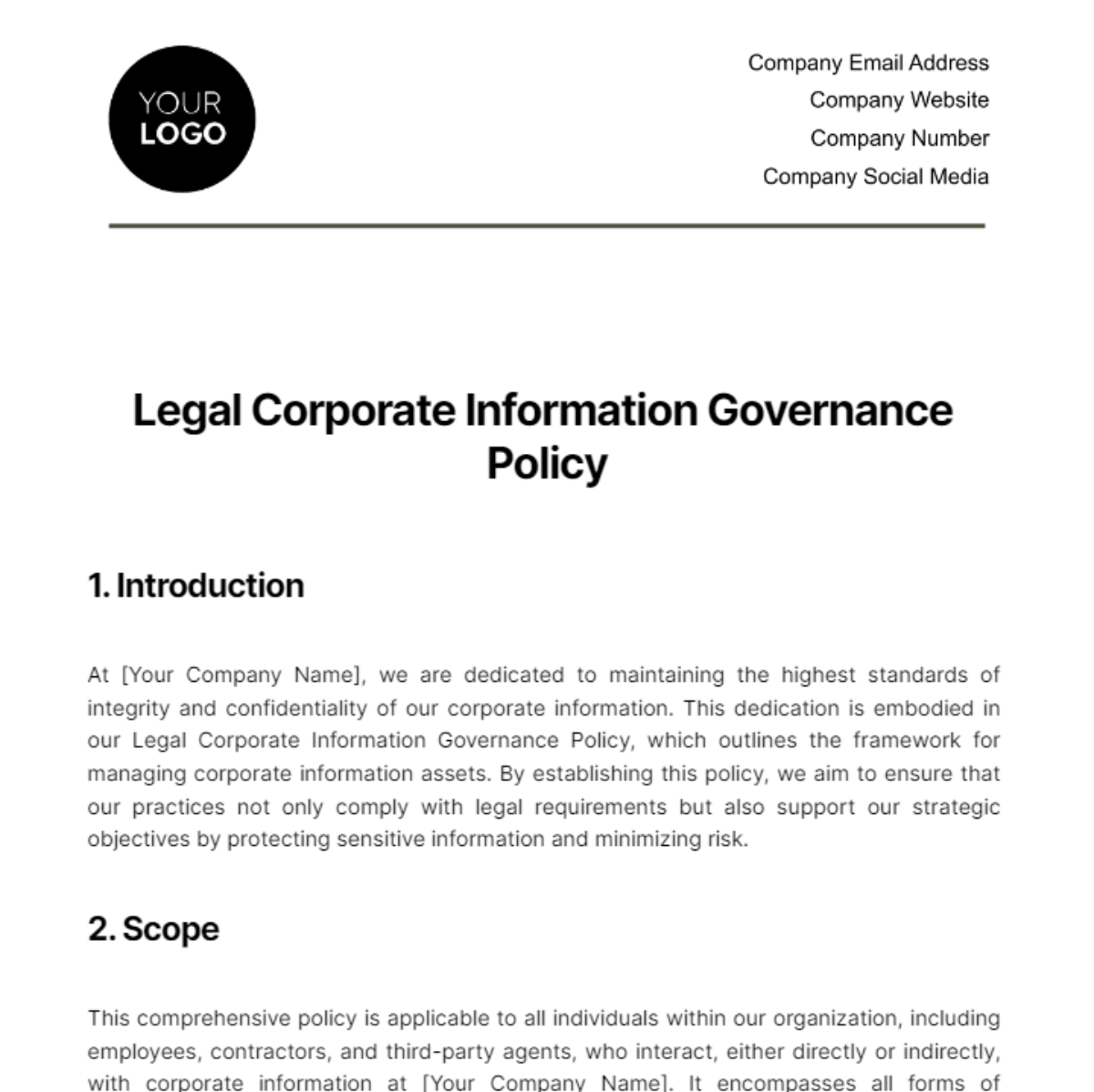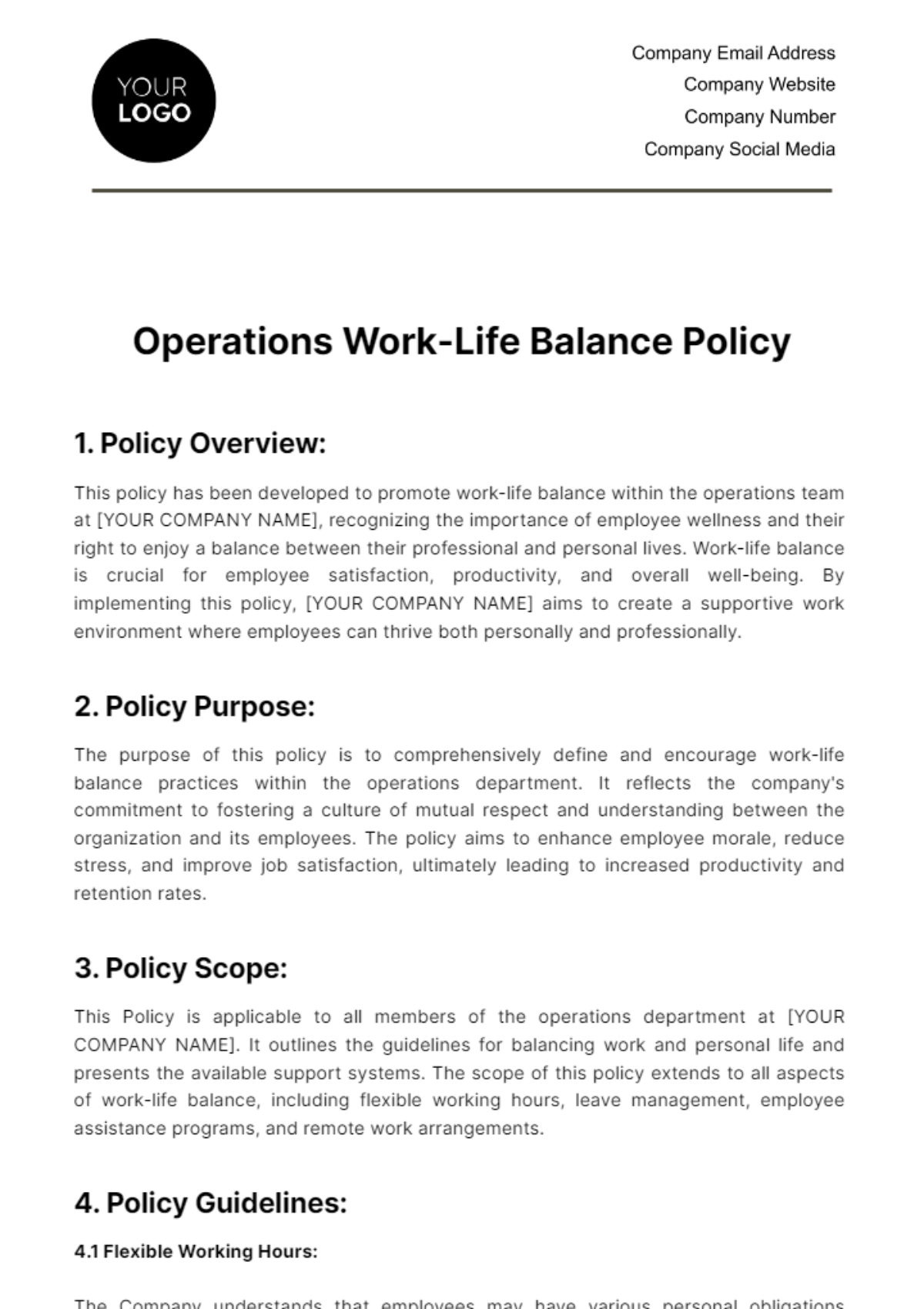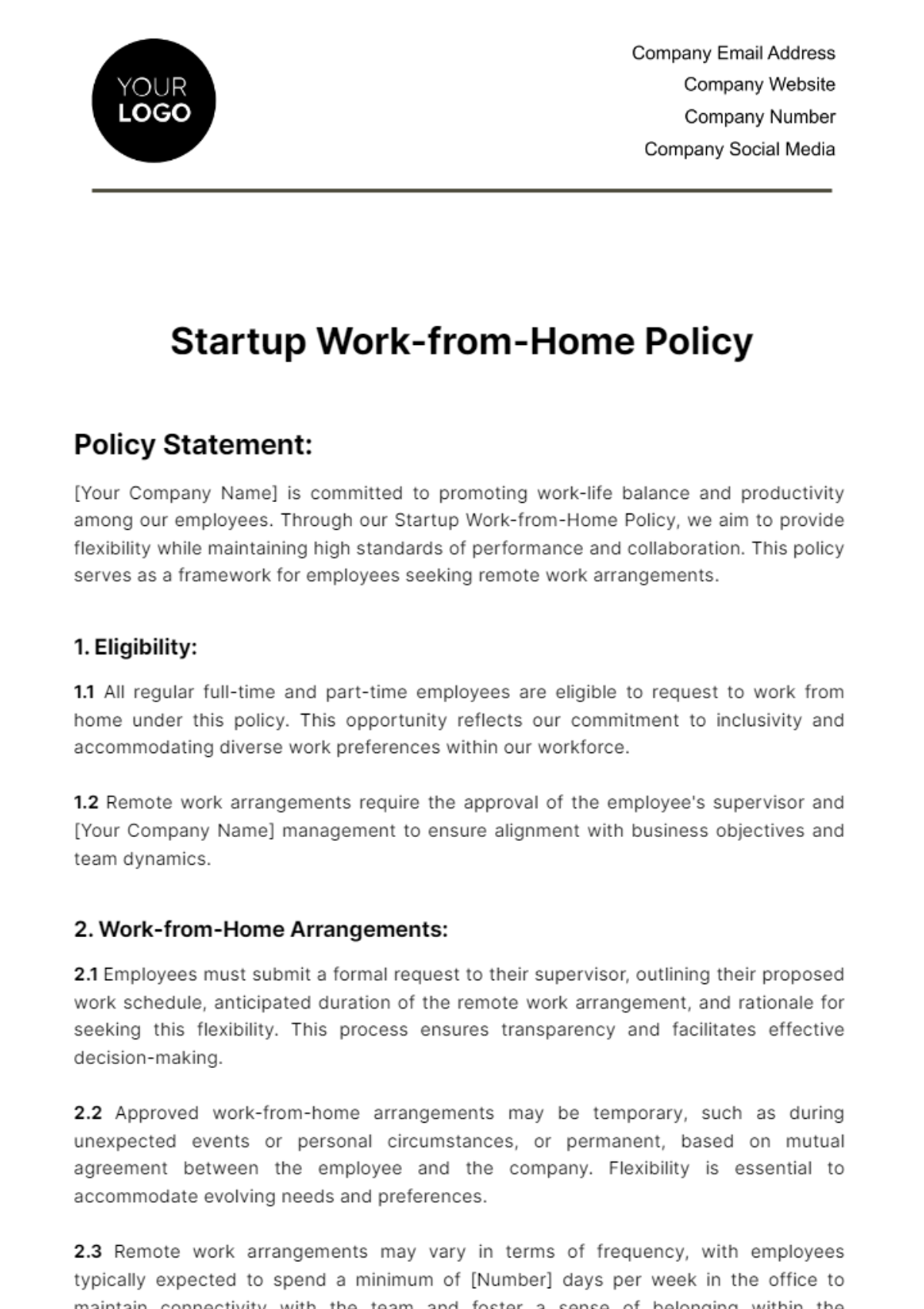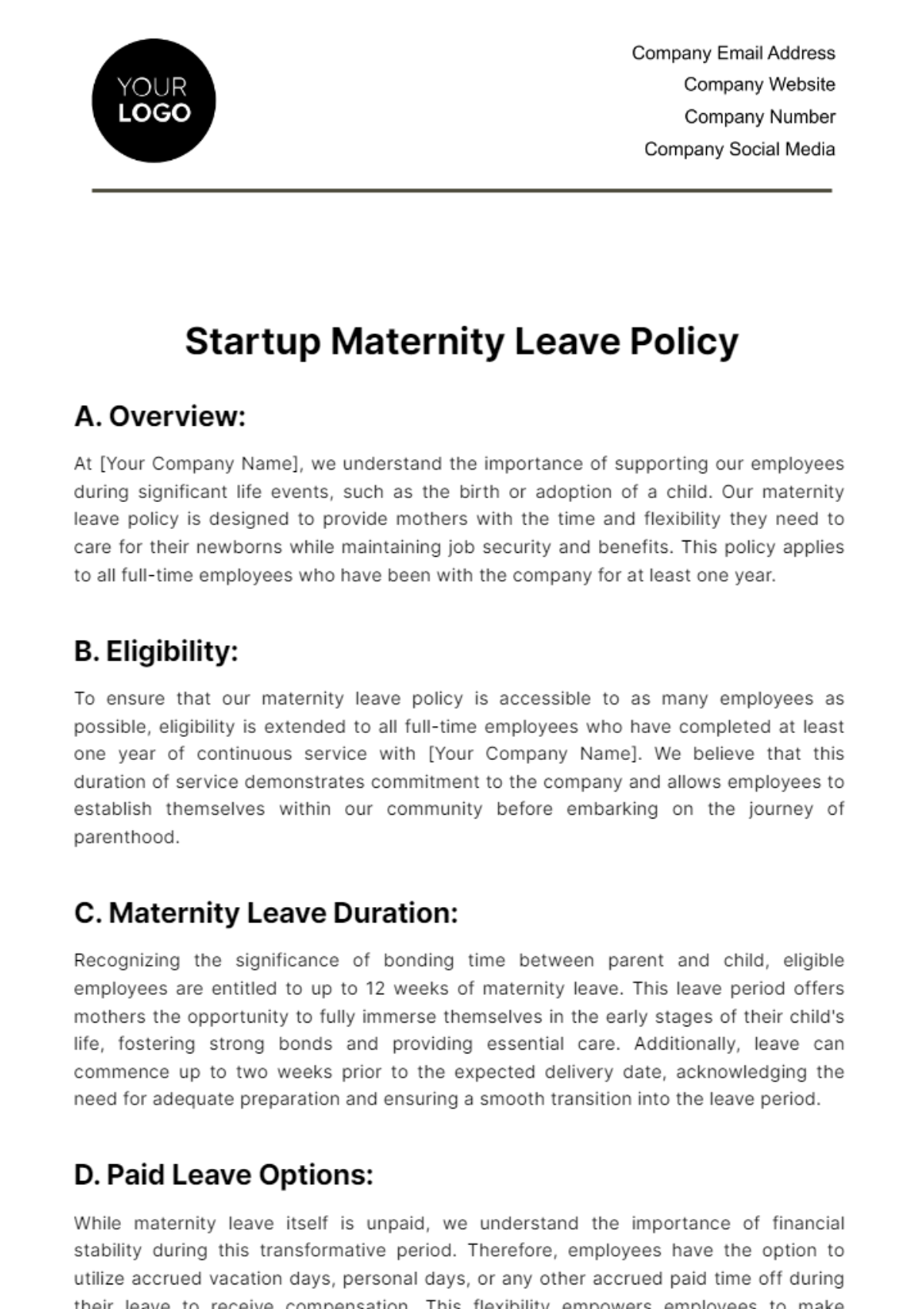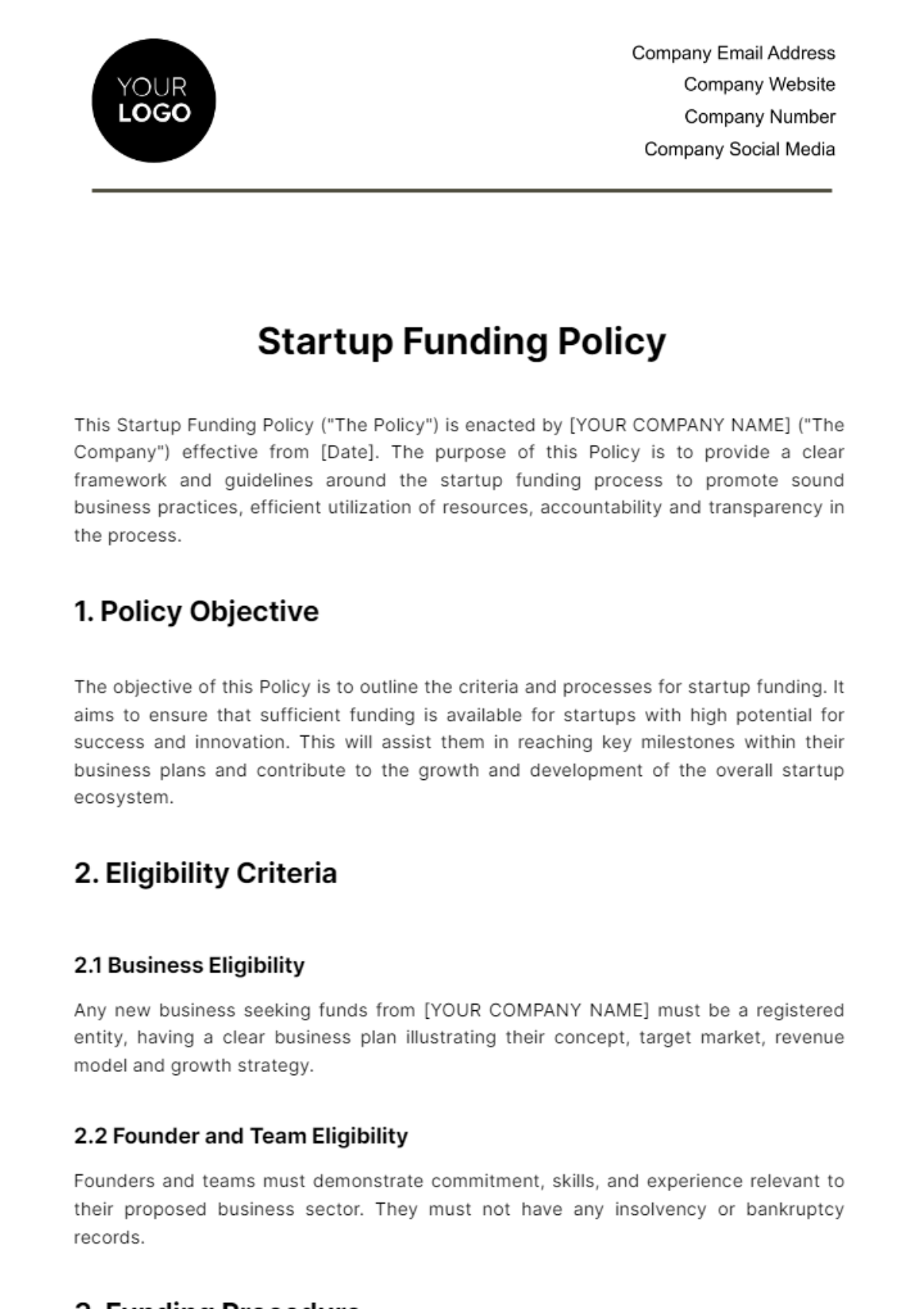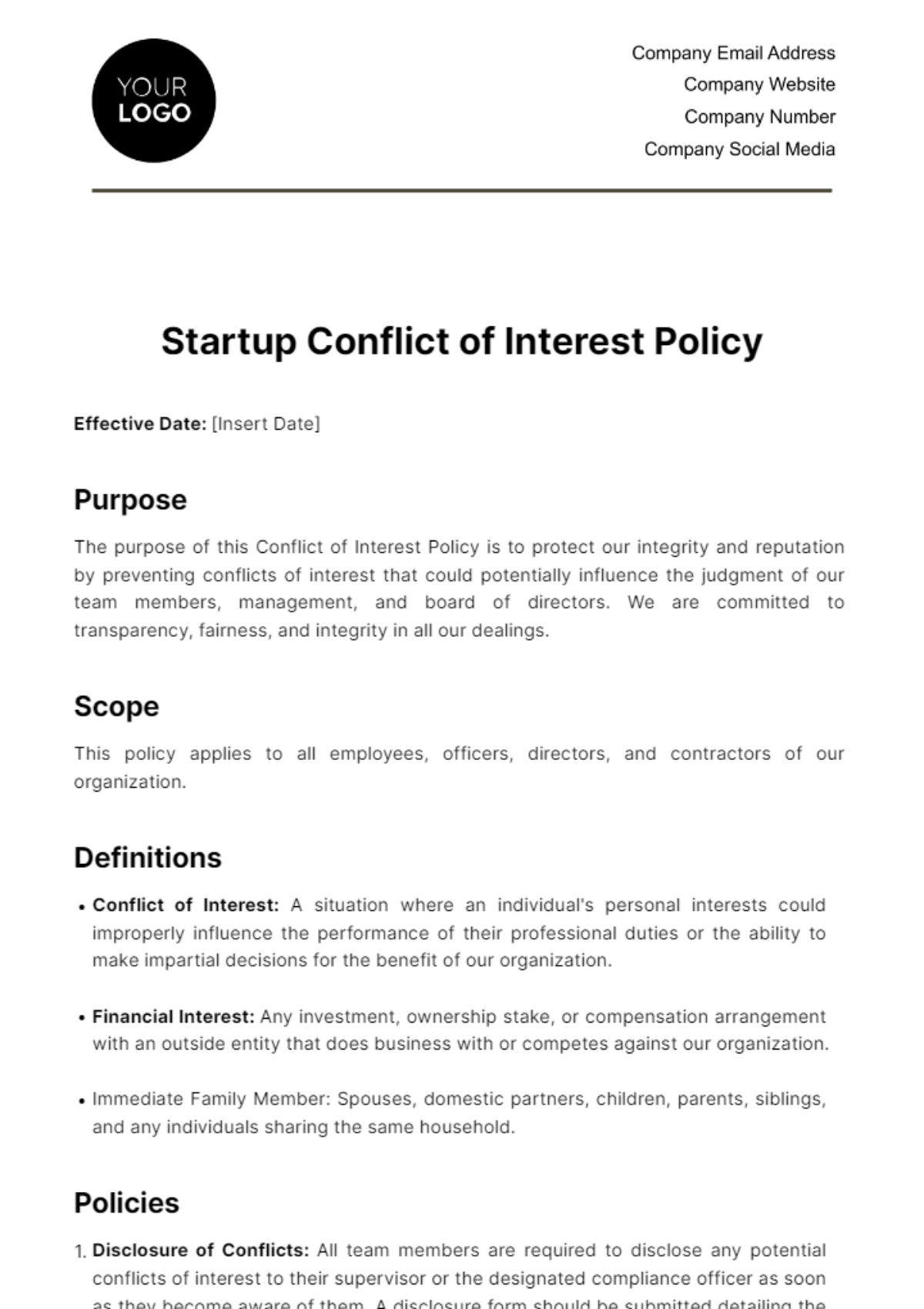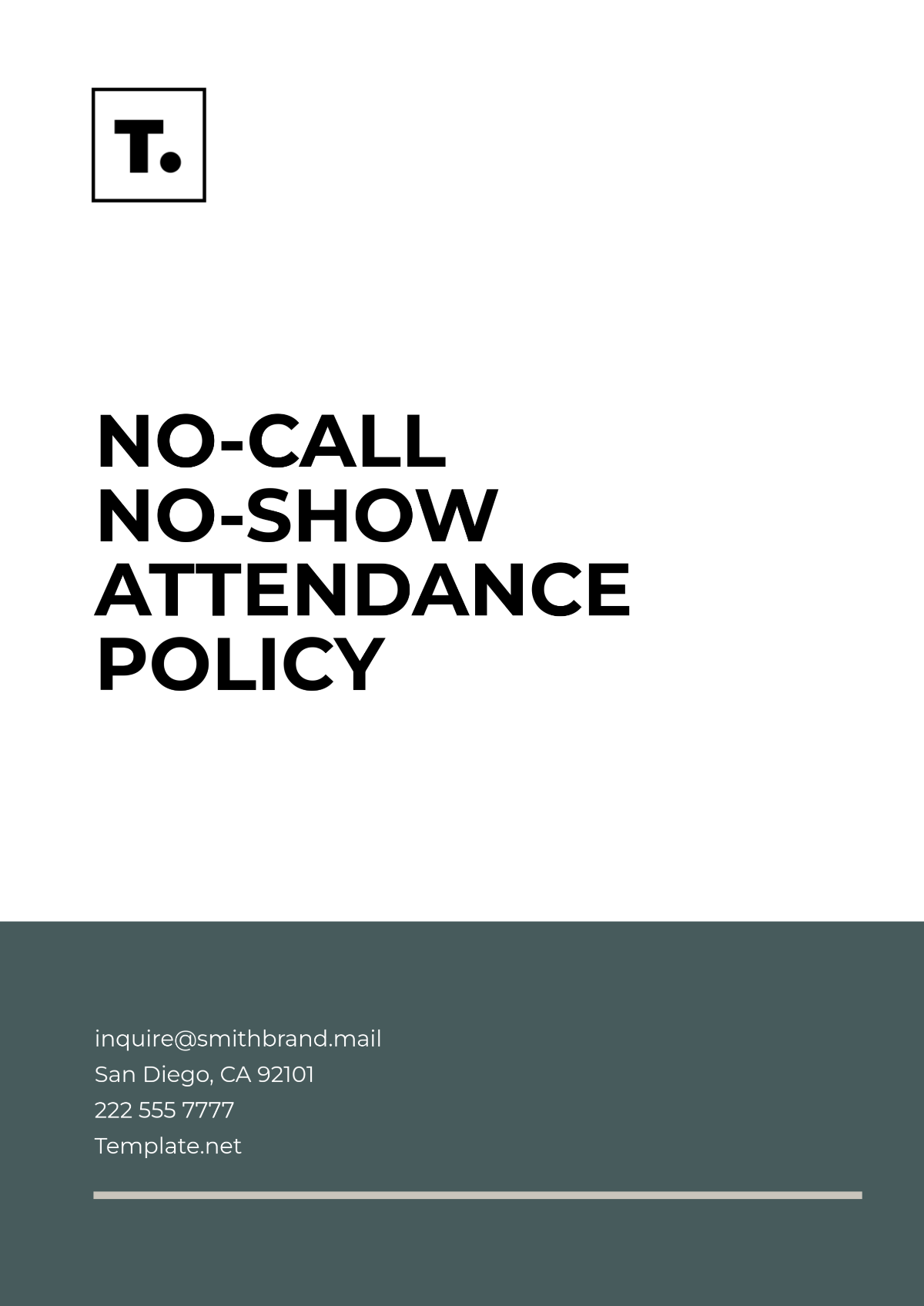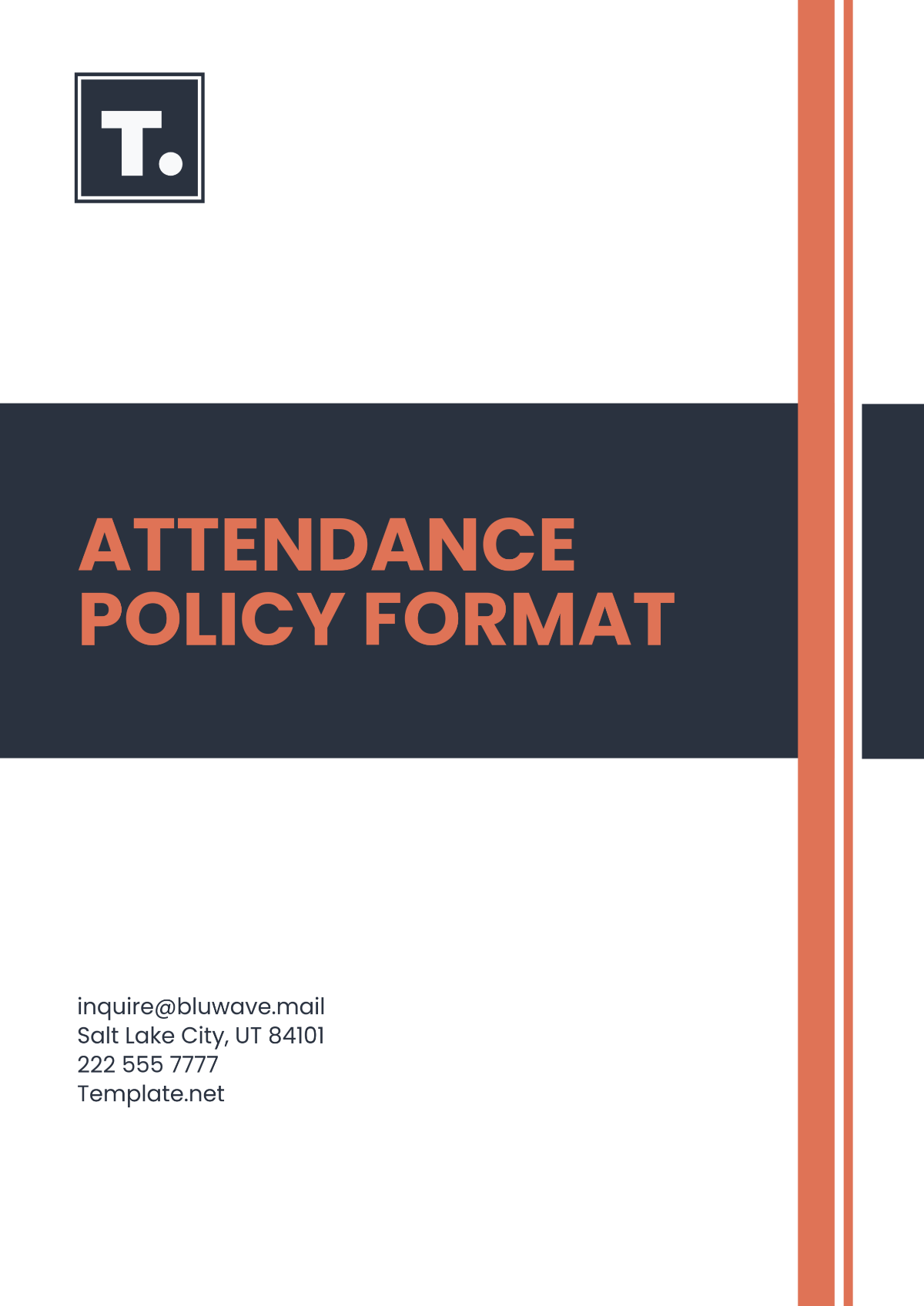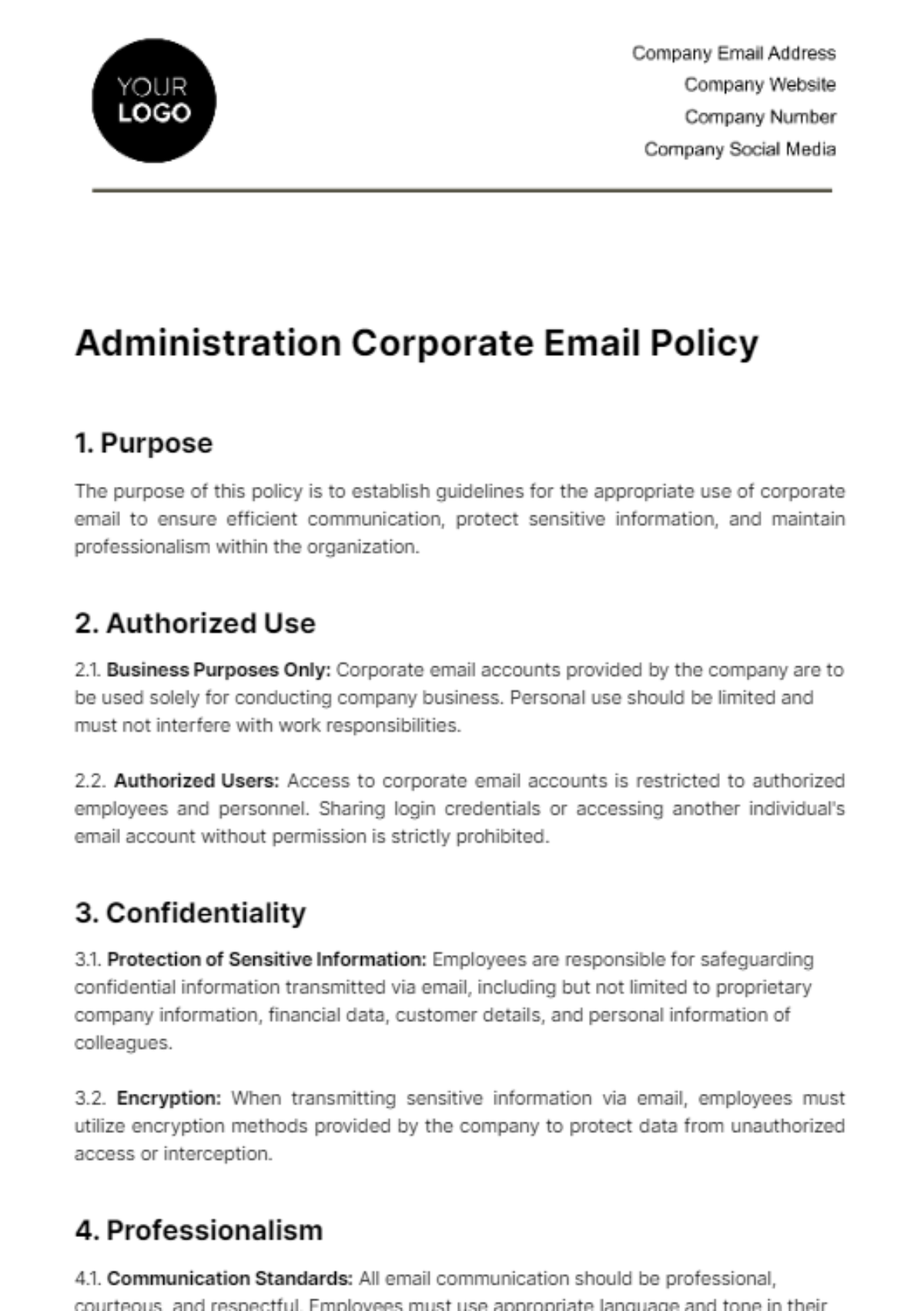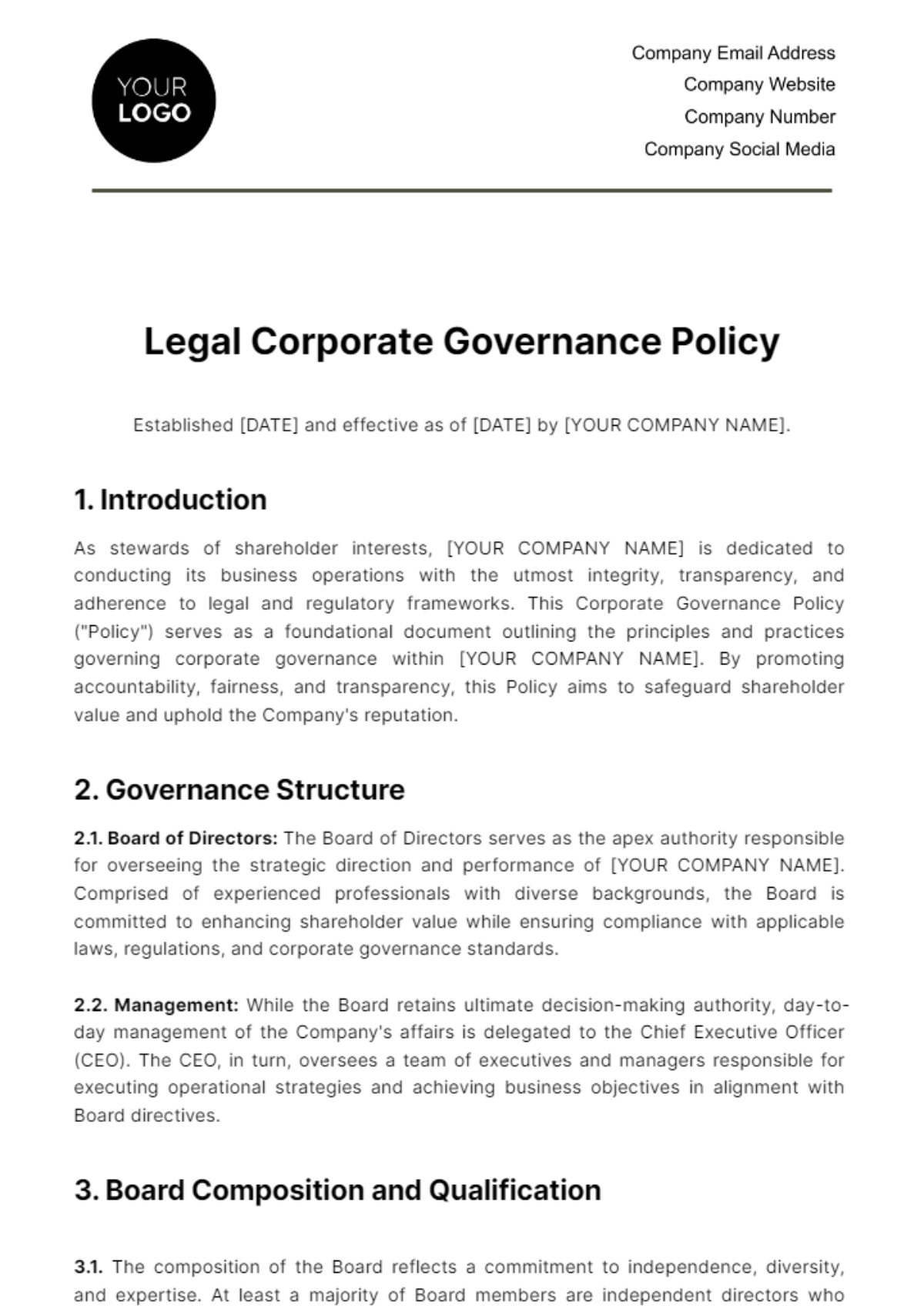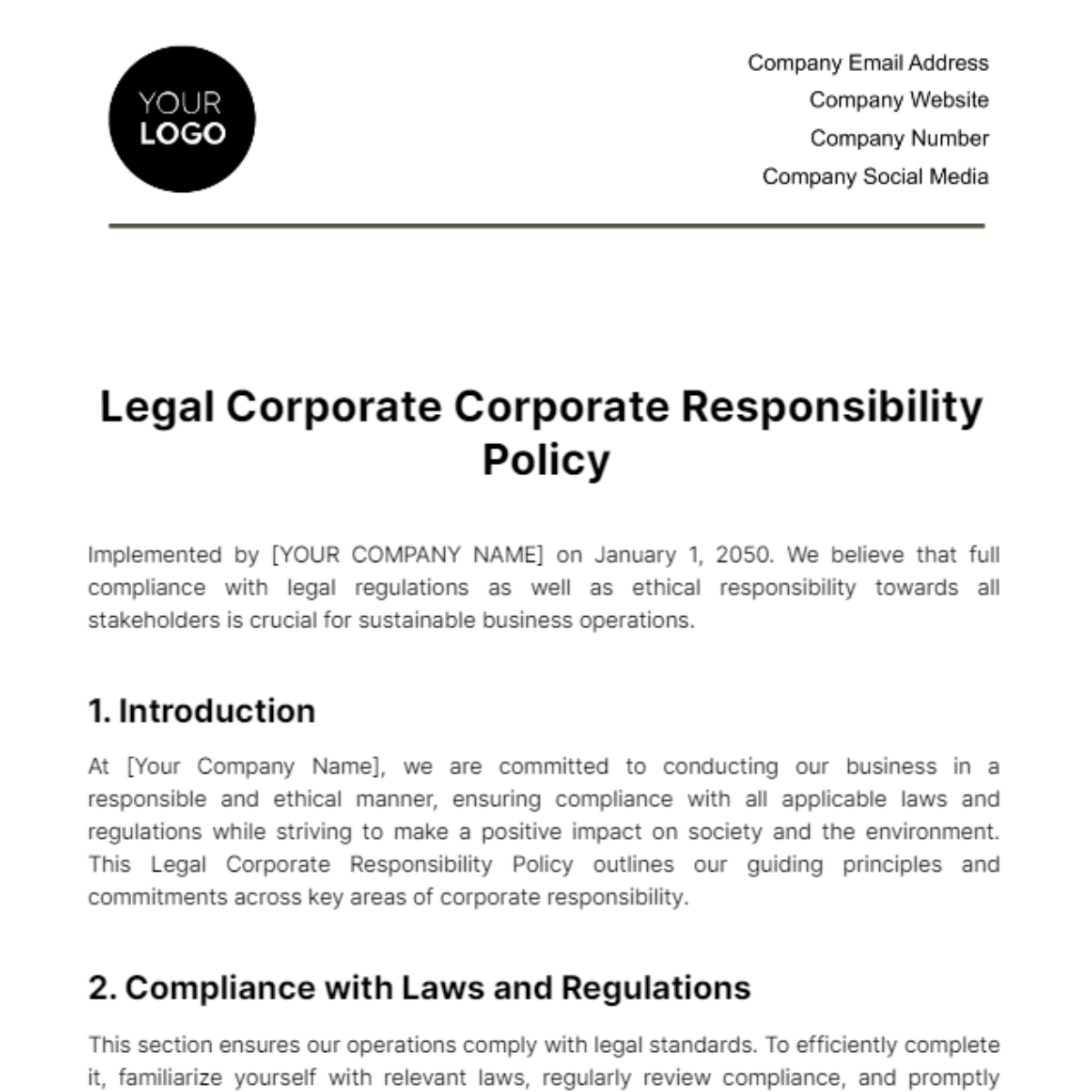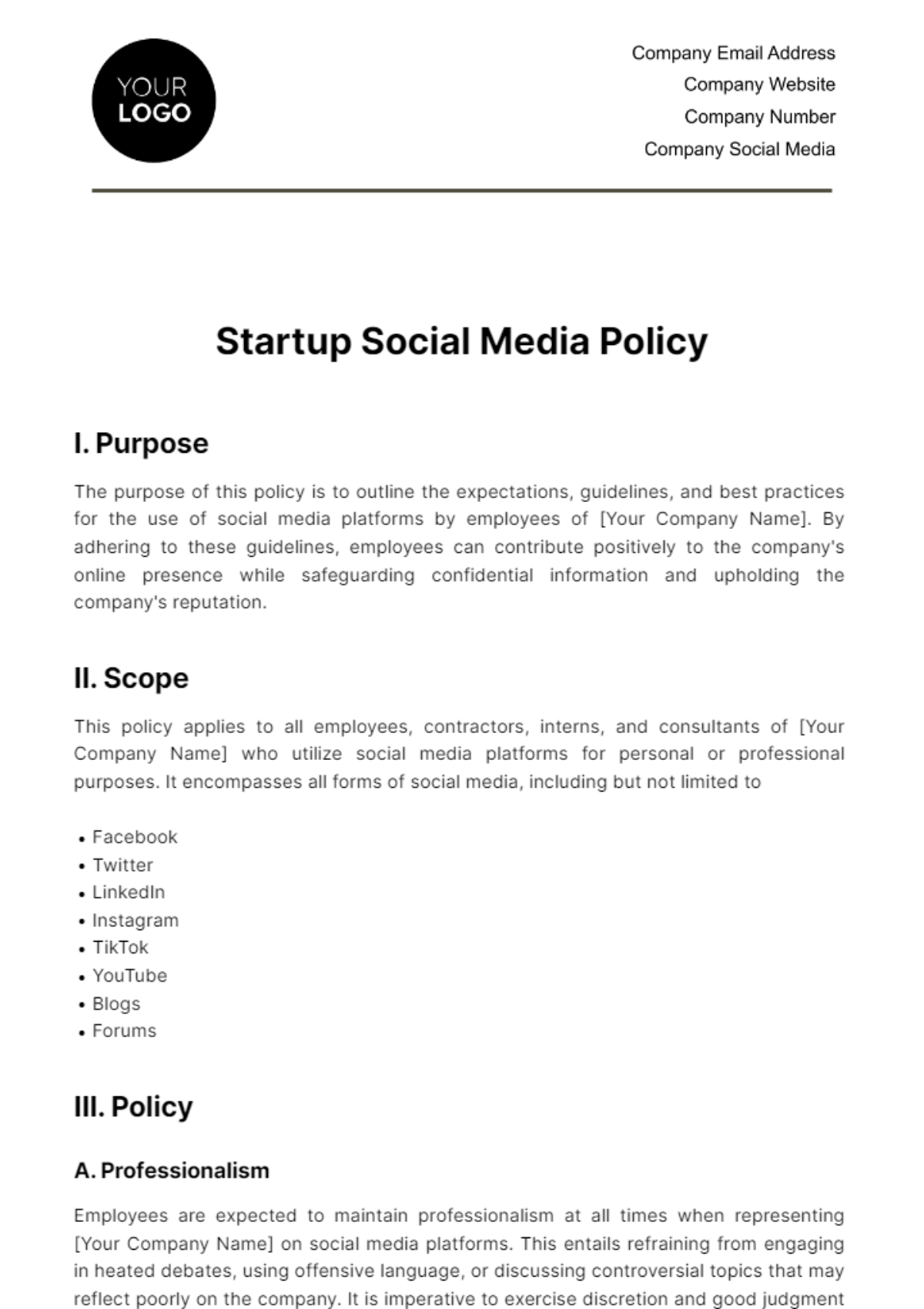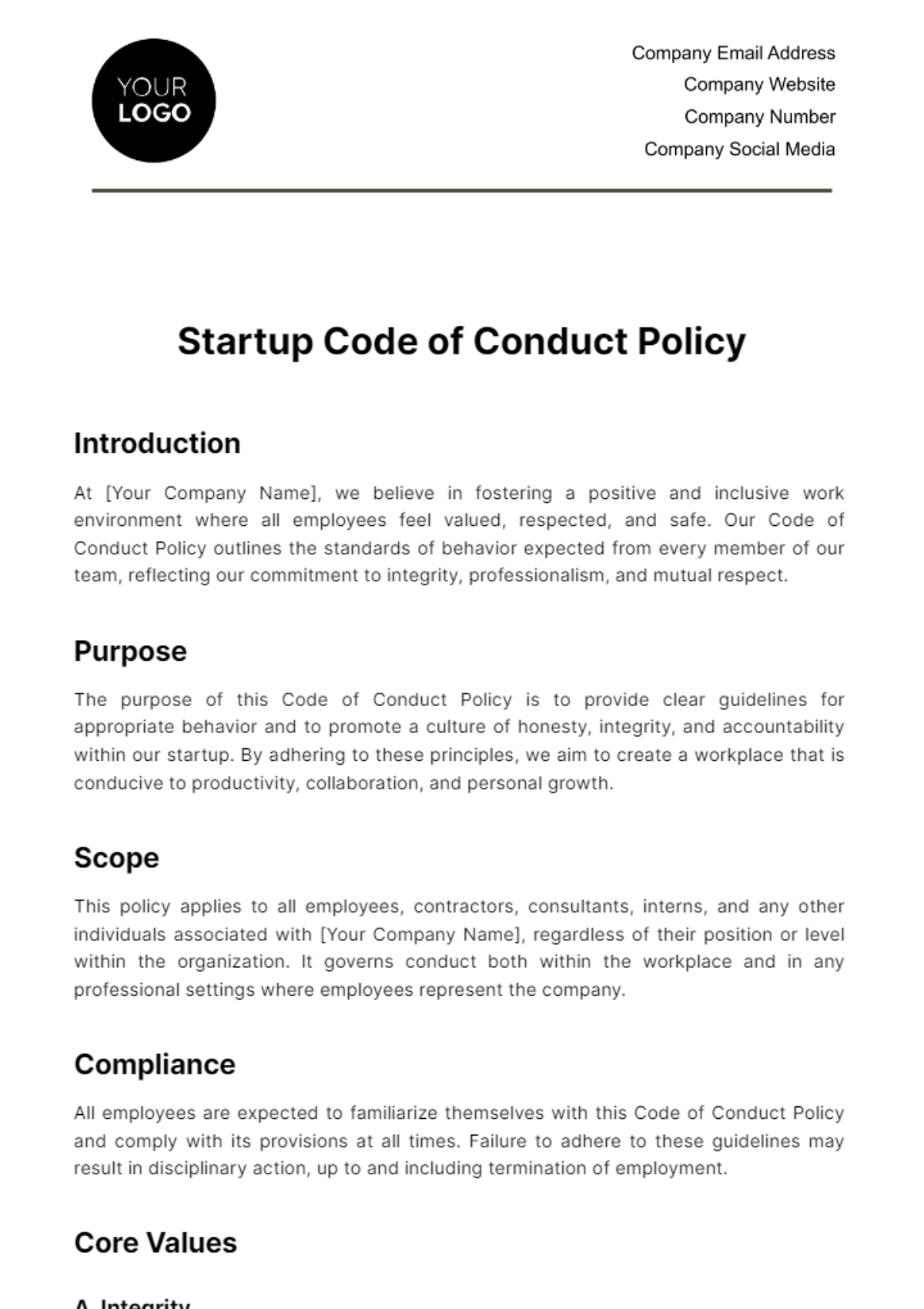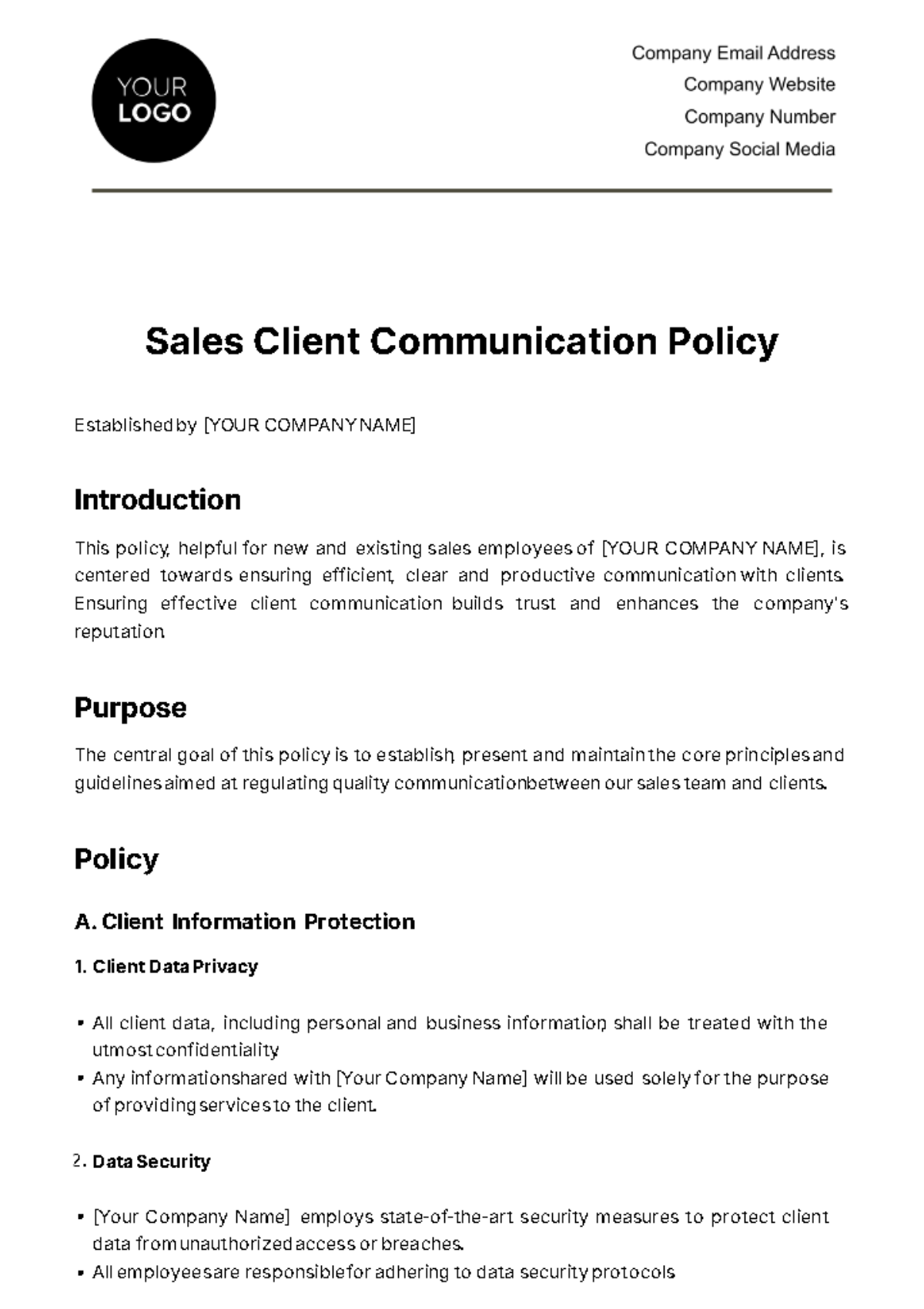Sales Policy & Procedure For Addressing Commission Grievances
I. Introduction
A. Purpose
The purpose of this Sales Policy & Procedure for Addressing Commission Grievances is to ensure transparency, fairness, and prompt resolution of any disputes or grievances related to commission payments within [Your Company Name]. By establishing a clear process for addressing commission grievances, we aim to uphold the trust and confidence of our sales representatives in the commission structure and foster a positive work environment conducive to productivity and collaboration.
This policy serves as a guiding framework for both sales representatives and management, outlining the steps to be followed in submitting, investigating, and resolving commission grievances. By providing a standardized approach, we seek to mitigate potential conflicts, promote accountability, and ensure consistent treatment of commission-related matters across all departments and teams.
It is essential for all sales representatives and employees involved in commission-related activities to familiarize themselves with this policy and adhere to its guidelines. Through compliance with this policy, we reaffirm our commitment to fair compensation practices, employee satisfaction, and organizational integrity.
II. Scope
A. This policy applies to all sales representatives and employees eligible for commission payments at [Your Company Name], including but not limited to:
Sales Team Roles |
|---|
Sales Executives |
Account Managers |
Business Development Representatives |
Sales Managers |
B. The scope of this policy covers grievances related to commission payments, including disputes over commission rates, calculation errors, delayed payments, or any other issues affecting the accurate and timely compensation of sales representatives. It encompasses commissions derived from sales of products or services, both direct and indirect, made within the territory assigned to the sales representative.
C. This policy applies to commission payments derived from various sales channels, including direct sales, channel partners, online sales platforms, and any other revenue-generating activities undertaken by sales representatives on behalf of [Your Company Name].
D. Any exceptions or deviations from this policy require approval from the Sales Director or designated authority to ensure consistency and fairness in handling commission grievances across the organization. This policy does not supersede any contractual agreements or legal obligations governing commission payments, but rather provides a framework for internal resolution of commission-related disputes.
III. Definitions
A. Commission:
Payment made to sales representatives as a percentage of the sales revenue generated. Commissions are calculated based on predefined rates agreed upon in the employment contract and are typically disbursed on a regular schedule, such as monthly or quarterly. This compensation component serves as a primary motivator for sales representatives, incentivizing them to achieve sales targets and contribute to the company's revenue growth.
B. Grievance:
A formal complaint or dissatisfaction regarding commission payments. Grievances may arise due to discrepancies in commission calculations, delays in payment processing, disputes over commission eligibility, or any other issues impacting the receipt of rightful commission earnings. It is essential to address grievances promptly and fairly to maintain morale, trust, and productivity among sales teams.
IV. Commission Structure
A. Description
[Your Company Name] operates on a commission-based compensation structure tailored to incentivize sales performance and reward sales representatives for their contributions to revenue generation. This structure aligns with the company's strategic objectives and sales targets, encouraging proactive sales activities and customer engagement.
The commission structure may vary depending on the type of products or services sold, sales channels utilized, and individual sales targets assigned to each sales representative. It is designed to reflect the unique characteristics of the company's offerings and market dynamics.
Commission rates, eligibility criteria, and payment schedules are outlined in detail within each sales representative's employment agreement or commission plan document. This transparency ensures clarity and consistency in commission calculations and expectations, minimizing potential disputes or misunderstandings.
B. Commission Components
Component | Description |
|---|---|
Base Commission | A predetermined percentage of the sales revenue generated by the sales representative, typically on a per-sale basis. |
Performance-Based Bonuses | Additional incentives awarded for exceeding sales targets, achieving specific milestones, or closing high-value deals. |
Residual Commissions | Ongoing commissions earned from recurring sales, subscriptions, or renewals over a designated period, rewarding continued customer retention and loyalty. |
Team-Based Commissions | Commissions earned through collaborative sales efforts or team achievements, promoting teamwork and cooperation among sales professionals. |
C. Commission Eligibility
Sales representatives must meet specific eligibility criteria to qualify for commission payments, which may include meeting sales quotas, adhering to company policies and procedures, and maintaining good standing with clients and customers. These criteria ensure that commissions are earned ethically and in alignment with company values.
Eligibility for certain types of commissions, such as bonuses or incentives, may be contingent upon achieving predefined performance metrics or milestones outlined in the commission plan. This criterion encourages consistent performance and goal attainment among sales representatives.
D. Payment Schedule
Commission payments are typically disbursed on a regular schedule, such as monthly, quarterly, or annually, depending on the terms specified in the sales representative's contract. This predictable payment schedule provides sales representatives with financial stability and helps them plan their finances effectively.
Payment schedules may vary for different types of commissions, with some commissions paid upon the completion of a sale or achievement of a milestone, while others may be paid out over time, such as residual commissions. This flexibility accommodates the diverse nature of sales cycles and revenue streams.
E. Commission Tracking and Reporting
[Your Company Name] utilizes a comprehensive commission tracking system to accurately record and monitor sales activity, calculate commissions, and generate commission statements for sales representatives. This system automates the commission calculation process, reducing errors and ensuring accuracy in commission payouts.
Sales representatives have access to real-time commission reports and dashboards, enabling them to track their commission earnings, performance against targets, and commission payout status. This transparency empowers sales representatives to take ownership of their earnings and performance metrics, fostering accountability and motivation.
IV. Commission Structure
A. Description
[Your Company Name] operates on a commission-based compensation structure tailored to incentivize sales performance and reward sales representatives for their contributions to revenue generation. This structure aligns with the company's strategic objectives and sales targets, encouraging proactive sales activities and customer engagement.
The commission structure may vary depending on the type of products or services sold, sales channels utilized, and individual sales targets assigned to each sales representative. It is designed to reflect the unique characteristics of the company's offerings and market dynamics, ensuring that commission rates are competitive and motivating.
Commission rates, eligibility criteria, and payment schedules are outlined in detail within each sales representative's employment agreement or commission plan document. This transparency ensures clarity and consistency in commission calculations and expectations, minimizing potential disputes or misunderstandings and fostering trust between the company and its sales representatives.
B. Commission Components
Component | Description |
|---|---|
Base Commission | A predetermined percentage of the sales revenue generated by the sales representative, typically on a per-sale basis. This component serves as the foundation of the commission structure, providing a baseline level of compensation for sales efforts. |
Performance-Based Bonuses | Additional incentives awarded for exceeding sales targets, achieving specific milestones, or closing high-value deals. These bonuses encourage exceptional performance and reward sales representatives for their outstanding achievements. |
Residual Commissions | Ongoing commissions earned from recurring sales, subscriptions, or renewals over a designated period, rewarding continued customer retention and loyalty. This component ensures that sales representatives benefit from long-term customer relationships and sustained revenue streams. |
Team-Based Commissions | Commissions earned through collaborative sales efforts or team achievements, promoting teamwork and cooperation among sales professionals. Team-based commissions foster a supportive sales culture and incentivize collective success. |
C. Commission Eligibility
Sales representatives must meet specific eligibility criteria to qualify for commission payments, which may include meeting sales quotas, adhering to company policies and procedures, and maintaining good standing with clients and customers. These criteria ensure that commissions are earned ethically and in alignment with company values, fostering a culture of integrity and professionalism.
Eligibility for certain types of commissions, such as bonuses or incentives, may be contingent upon achieving predefined performance metrics or milestones outlined in the commission plan. This criterion encourages consistent performance and goal attainment among sales representatives, driving overall sales effectiveness and business growth.
V. Grievance Submission Process
A. Initiating a Grievance
Sales representatives must submit a written grievance to the Sales Manager within [00] days of becoming aware of the issue. The grievance should include details such as the specific commission period, sales figures, and reasons for disputing the commission payment.
The submission of a grievance triggers the commencement of the grievance resolution process, ensuring that all commission-related issues are addressed promptly and fairly.
B. Investigation
Upon receipt of the grievance, the Sales Manager will conduct a thorough investigation into the matter. This investigation may involve reviewing sales reports, commission calculations, and consulting with relevant parties to gather all necessary information and evidence.
The objective of the investigation is to identify the root cause of the grievance and assess its validity based on factual evidence and company policies. The Sales Manager will strive to maintain objectivity and fairness throughout the investigation process, ensuring that all parties involved are treated with respect and impartiality.
C. Resolution
The Sales Manager will communicate the findings of the investigation to the sales representative within [number of days] days. If the grievance is found to be valid, adjustments to commission payments will be made promptly to rectify any errors or discrepancies.
If the grievance is deemed invalid, the Sales Manager will provide a detailed explanation to the sales representative, outlining the reasons for the decision and any steps taken to address the concerns raised. Clear communication is essential to maintaining transparency and trust throughout the resolution process.
D. Appeals
If the sales representative is not satisfied with the resolution provided by the Sales Manager, they may appeal the decision to the Sales Director within [00] days of receiving the decision. The Sales Director will conduct a review of the case and communicate the final decision to the sales representative within [00] days.
The appeals process provides an opportunity for further review and consideration of the grievance, ensuring that all avenues for resolution are explored and that the interests of both the sales representative and the company are fairly represented.
VI. Confidentiality
A. All information related to commission grievances, including investigations and resolutions, will be treated as confidential and shared only with parties directly involved in the process. This confidentiality extends to all communication, documentation, and discussions pertaining to commission grievances, both during and after the resolution process.
B. Maintaining confidentiality is essential to protect the privacy and reputation of all parties involved, including the sales representative filing the grievance, other sales team members, and the company as a whole. Breaches of confidentiality may result in disciplinary action in accordance with company policies and applicable laws.
VII. Non-Retaliation
A. [Your Company Name] prohibits retaliation against any employee who submits a commission grievance in good faith. Retaliation includes but is not limited to adverse employment actions, such as termination, demotion, harassment, or any other form of reprisal, in response to the filing of a grievance.
B. Sales representatives have the right to raise concerns and grievances regarding commission payments without fear of retaliation or adverse consequences. Any instances of alleged retaliation should be reported promptly to the Human Resources department for investigation and appropriate action.
C. [Your Company Name] is committed to maintaining a supportive and respectful work environment where employees feel empowered to voice their concerns and seek resolution to issues affecting their employment, including matters related to compensation and commission payments.
D. Violations of the non-retaliation policy will be taken seriously and may result in disciplinary action, up to and including termination of employment, for individuals found to have engaged in retaliatory behavior. This policy applies to all employees, managers, and executives within the organization, regardless of their position or tenure.
Type of Retaliation | Description |
|---|---|
Adverse Employment Actions | Termination, demotion, reduction in hours or pay, denial of promotion or advancement opportunities. |
Harassment | Verbal or physical harassment, intimidation, or bullying directed at the employee filing the grievance. |
Reprisal | Any form of retaliation or punitive action taken against the employee as a result of filing a grievance. |
Ostracism | Exclusion, isolation, or marginalization of the employee within the workplace in response to the grievance. |
E. [Your Company Name] encourages open communication and constructive dialogue to address any concerns or grievances regarding commission payments promptly and effectively. Employees are encouraged to report any suspected instances of retaliation to their immediate supervisor, Human Resources department, or other designated reporting channels within the company.
VIII. Compliance
A. Compliance with this policy is mandatory for all sales representatives and employees involved in commission-related matters. Failure to adhere to the provisions outlined in this policy may result in disciplinary action, up to and including termination of employment. It is the responsibility of all employees to familiarize themselves with the contents of this policy and ensure their actions align with its principles and guidelines.
B. Violations of this policy may include but are not limited to:
Falsification of sales records or commission-related documentation.
Intentional misrepresentation of sales figures or performance metrics.
Retaliation against employees who file commission grievances or participate in grievance resolution processes.
Breaches of confidentiality regarding commission grievances or investigations.
Any other actions that undermine the integrity, fairness, or effectiveness of the commission structure or grievance resolution process. C. Compliance with this policy is subject to periodic review and evaluation by [Your Company Name]'s management team and may be updated or revised as necessary to reflect changes in company policies, industry regulations, or best practices in commission management and governance.
IX. Review and Revision
A. This Sales Policy & Procedure for Addressing Commission Grievances will be reviewed annually by the Sales Management team to ensure its effectiveness and relevance. Any necessary revisions or updates will be made in consultation with relevant stakeholders, including sales representatives, Human Resources, and legal counsel, to address emerging issues or concerns.
B. Reviews of this policy may include assessments of:
Compliance with regulatory requirements governing commission payments and grievance resolution processes.
Feedback from sales representatives regarding the clarity, fairness, and effectiveness of the policy in addressing commission-related matters.
Trends or patterns in commission grievances and resolutions to identify opportunities for process improvement or training initiatives.
C. Revisions to this policy will be communicated to all relevant parties through company-wide announcements, training sessions, or updates to the employee handbook or intranet portal. Sales representatives will be provided with opportunities to ask questions or seek clarification regarding any changes to the policy to ensure understanding and compliance.
D. [Your Company Name] is committed to maintaining a robust and transparent framework for addressing commission grievances and promoting fair and equitable compensation practices for all sales representatives. By regularly reviewing and updating this policy, we aim to uphold the highest standards of integrity, accountability, and professionalism in our sales operations.
X. Contact Information
For inquiries or assistance regarding commission grievances, please contact:
Position | Name | Phone | |
|---|---|---|---|
Sales Manager | [Your Name] | [Your Company Email] | [Your Company Number] |
Sales Director | [Director's Name] | [Director's Email] | [Director's Phone] |
A. Sales representatives are encouraged to reach out to the Sales Manager or Sales Director for guidance and support in addressing commission grievances. Both parties are committed to facilitating a fair and efficient resolution process while upholding the principles of transparency, confidentiality, and professionalism.
XI. Acknowledgment
By signing below, I acknowledge that I have read and understood the Sales Policy & Procedure for Addressing Commission Grievances of [Your Company Name].

Employee's Signature [Date]
This acknowledgment signifies the employee's agreement to comply with the provisions outlined in the Sales Policy & Procedure for Addressing Commission Grievances and their commitment to following the established process for resolving commission-related issues. Employees are encouraged to seek clarification or guidance from their supervisor or designated contact person if they have any questions or concerns regarding the policy or its implementation.





